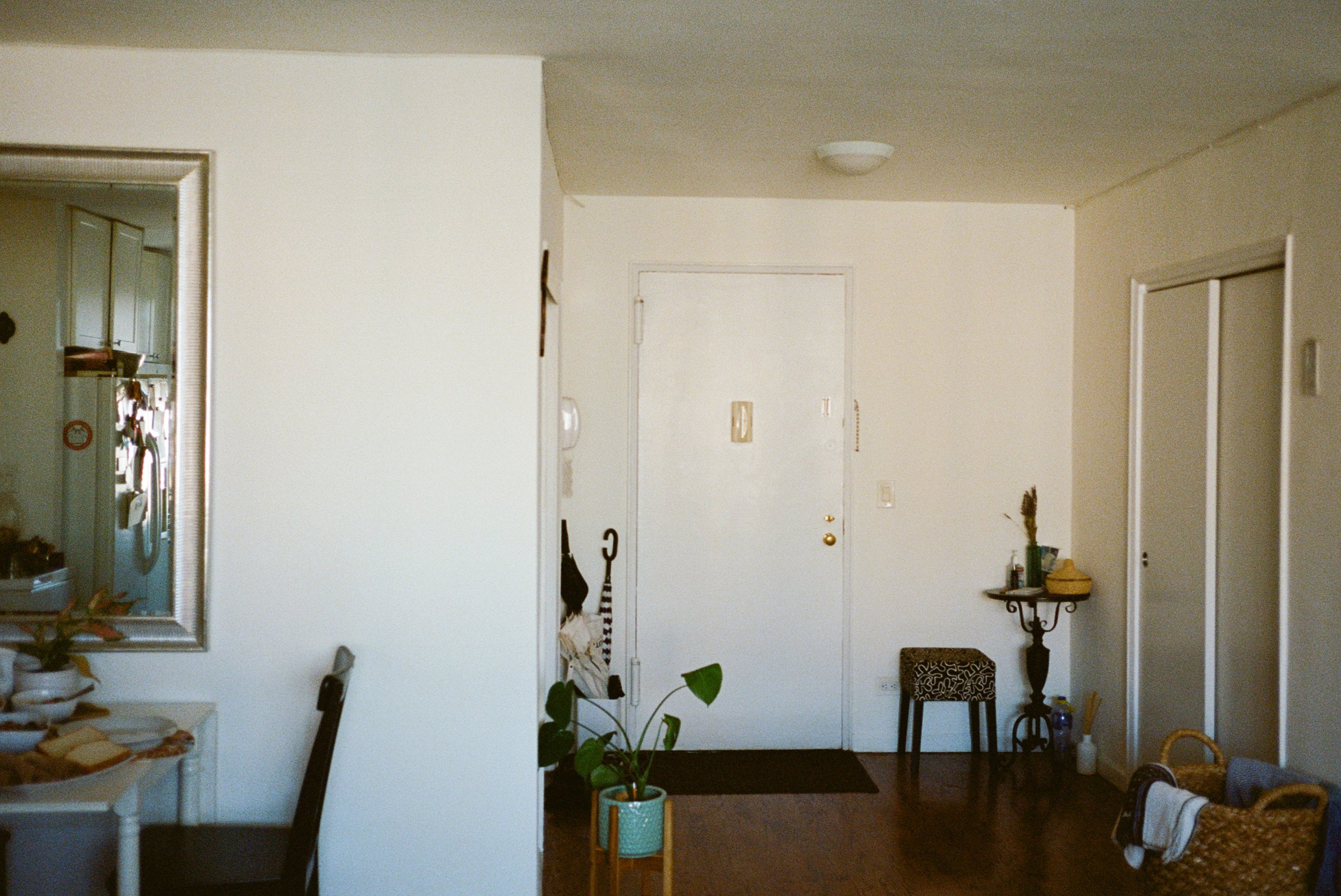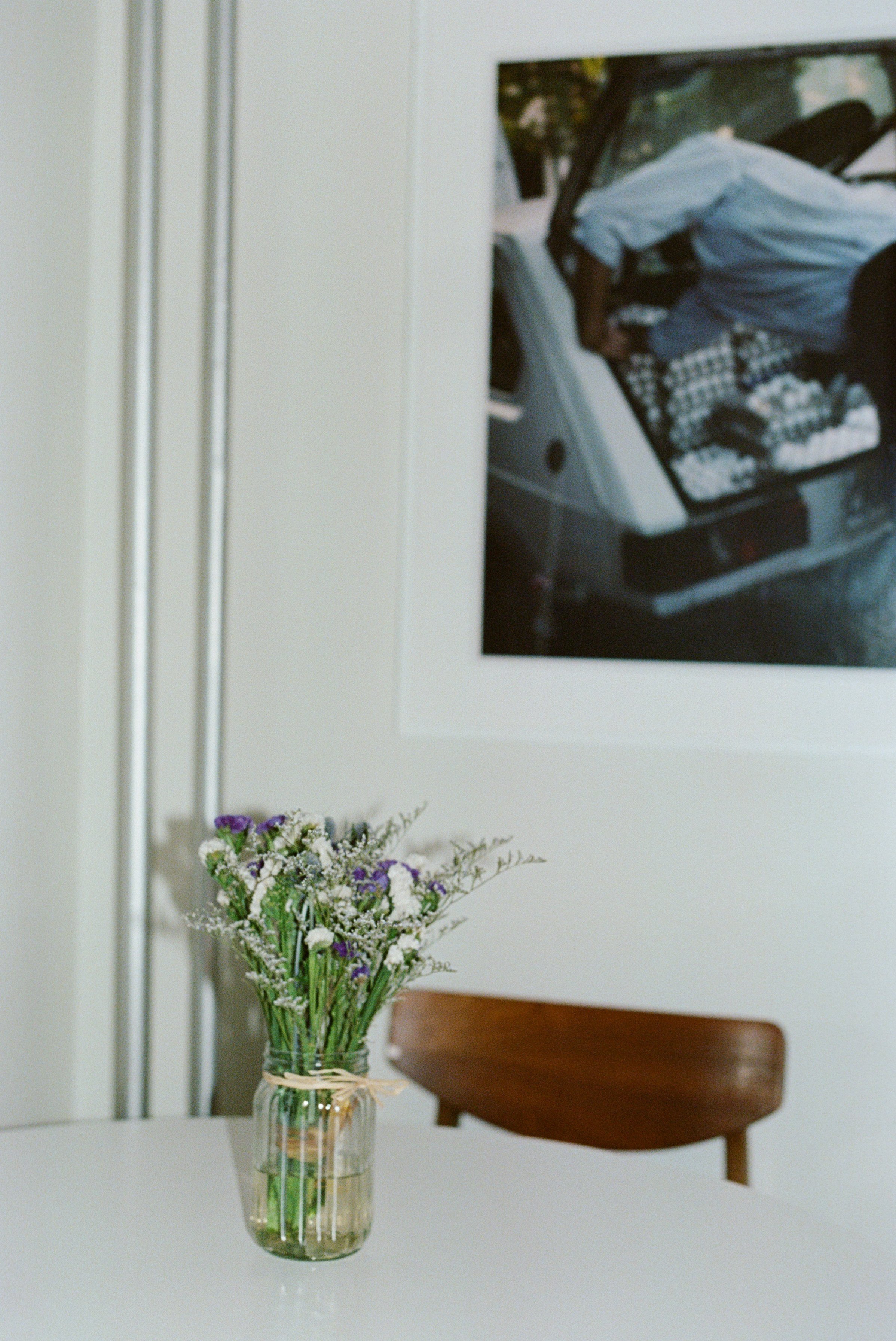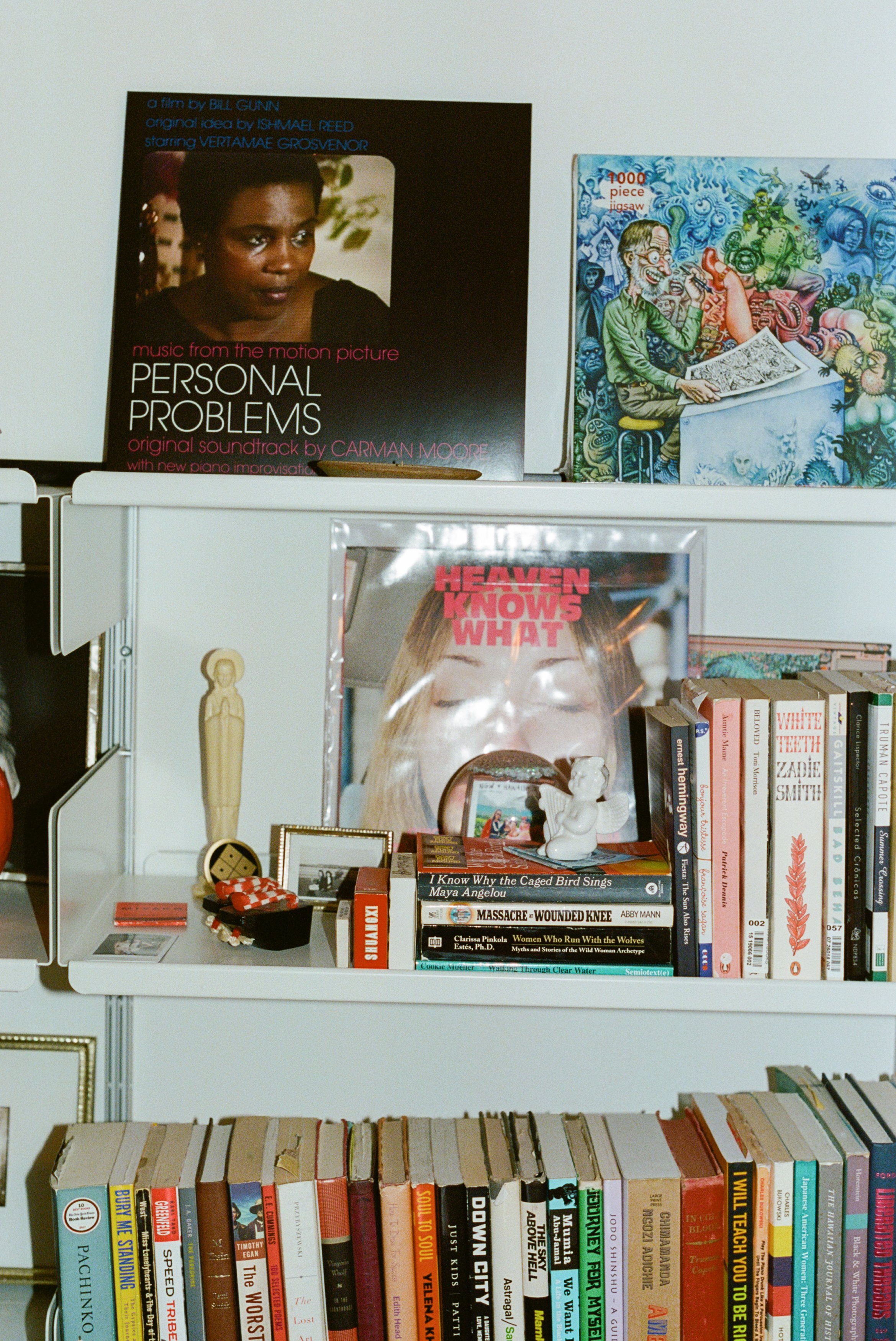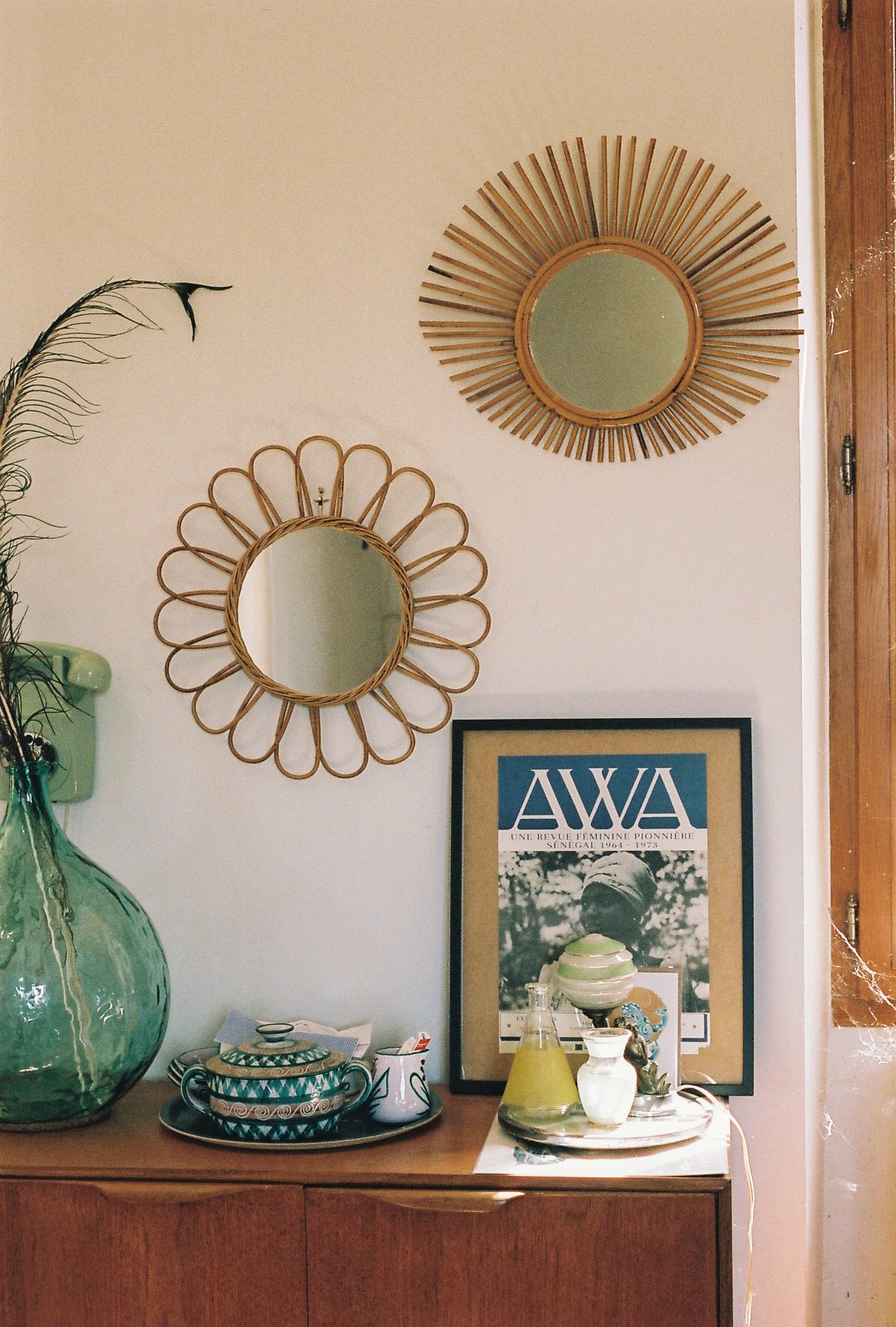How to Start Therapy: A Guide
“What to look out for when you’re looking for support.”
When it comes to therapy, the barriers to entry can be all-encompassing. It can sometimes feel like the pursuit of self-healing is an endless maze of obstacles — from the financial implications to the risk of over-diagnosis and the cultural stigma of seeking outside help for one’s mental health. And where to even begin with so many different approaches and schools of thought? If you don’t know where to start at all, Psychology Today’s Help Index is a great resource to read up on concerns of all types and understand what may be helpful in a particular case. And while many therapy beginners that seek support in the mental health realm gravitate towards Freudian, psychoanalytically oriented methods characterized by dialogue and a close working partnership between therapist and patient, there are other approaches such as behavioral therapy (often used for treating phobias through repetitive physical exposure to fears), cognitive therapy (which develops skills for identifying distorted thinking and changing beliefs in order to affect change), as well as holistic therapy, energy therapy, art therapy or integrative models that borrow from a variety of other styles to fit a client’s particular needs. Understanding therapy vocabulary, too, can be confusing at first and many underestimate the learning curve that comes finding the right words to express yourself and your needs in this unfamiliar territory.
For these and a myriad of other reasons, finding a therapist that is right for you and offers the appropriate treatment is no easy feat. To help alleviate some of the obstacles and equip you with a starter kit to shape your own mental health journey, we asked the passerby community about their experience with starting therapy and recommendations for finding successful and lasting support, both externally and within yourself.
Rely on word of mouth online and offline
Getting a trusted resource from a friend can be the best way to get a worthwhile recommendation. The next best thing may be a shared interest Facebook group. Paris-based Design Director Ly Ngo found her New York therapist based on her methodology of psychoanalysis. She found her Paris therapist, an American who has lived in France for thirty plus years, via word of mouth and realized her name was also circulated through an expat design group on Facebook, which helped to solidify the recommendation — “her name is Jennifer Doudous and I love her!” she shares. A number of passersby suggested the Psychology Today’s Find A Therapist tool and using the filters to narrow down the available options by types of therapy, gender, price, age and many other categories.
Brazilian-American chef Carolina Santos Neves also found her therapist through a friend after he described the therapist’s detailed approach — “she reads your energy and listens to tones in the way you pronounce things. We speak a lot about the nuance that exists in our everyday life, which I feel like most people don’t take into account.” Carolina also works with energy healers who “help point out ancestral trauma and clear things that are beyond our reach.” CAP Beauty founder Kerrilynn Pamer found her therapist through friends: “She uses Eye Movement Desensitization and Reprocessing (EMDR). The fast track this modality has provided is remarkable.” Producer Mimi Packer is also a fan of the method: “My therapist specializes in EMDR (eye movement desensitization and reprocessing), a multimodal method of processing memories for self improvement. I spend most of the session meditating on and navigating through memories. Not sure if therapy is for everyone, but I find it helpful. I'm lucky to have found a good therapist who takes my health insurance.”
Find someone you connect with
You may not necessarily click with the first therapist you see and that is to be expected. Passerby Nina Roth explains: “I think a big misconception I had the first time I went to therapy was that any therapist would work and the experience could be boiled down to a transaction of money for a service. I now realize that the relationship you have with your therapist is a real connection, and your session should become a haven for you to be yourself. Don’t let therapy be another place where you protect yourself.” When you’re discussing your innermost thoughts with a professional, their style and approach is just as important as their credentials. Content creator Rachel Nguyen notes that “finding a therapist you vibe with is notoriously difficult.” To find the right fit for her that was also affordable, she turned to OpenPath: “It was important for me to find something I can consistently commit to for a year. After a few lackluster interfaces with some, I realized that one has to be ‘good at therapy’ for it to be worthwhile.” This could look like being “intentional with the process,” she adds.
ilovecreatives founder Puno Dostres uses Yellow Chair Collective, a psychotherapy practice that specializes in serving Asian American and multicultural clients. Art director and designer Verena Michelitsch recommends browsing different therapists’ websites to find out what they focus on and “how they present themselves.” “Their personality and vibe just has to resonate with you, it’s all about feeling comfortable and safe,” she says. Vienna Praxis worked for her: a therapy practice with locations in the West Village and Fifth Avenue in New York City that specializes in helping people with demanding corporate jobs, higher education graduates, and those working through relationship difficulties. passerby Discord channel member Erika Kraus found her therapist through Alma, an organization that helps with finding affordable and quality mental health care. She appreciated that you can match with a therapist that accepts your specific insurance plan to avoid the process of finding someone only to find out later that they don’t accept your insurance. On Instagram, Ana Yvelyse recommends the Loveland Foundation as “a great resource for black women.” Stylist Caitlin McMullen found that the best approach for her is utilizing a multifaceted approach that targets her physical needs, too. She sees Chris Peacock at Rooted Refuge for acupuncture (check out our NYC guide for more recs) and Casey Sullivan in Massachusetts for massage and craniosacral therapy. “I really like Therapy in a Nutshell when I’m going through it in the moment,” she adds.
Don’t be afraid to ask questions — and be honest with yourself
It can be surreal sitting down with a stranger and sharing the thoughts you only share with your closest people, or no one at all. As practicing therapist Caitlin Magidson puts it, “Meeting with a therapist takes some courage because you’re going to meet with someone you don’t know and share your inner world with them.” She goes on to say that you shouldn’t be distracted by the pre-session anxiety. “You’ve taken the first humungous step, and you deserve to celebrate that.” Rachel Nguyen recommends a series of questions she asks herself and her therapist to have a better understanding if it’s the right fit, such as “What is the communication style that feels most comfortable to me?” and “When will I know I’ve maximized my time in therapy at this time of my life?” Even asking the simple question of “What is a goal you have in mind with this experience?” can set the right expectations both for you and your therapist.
Mental health professional Caitlin echoes this advice: “I encourage individuals who are starting therapy to ask key questions regarding the first session when scheduling,” she says. “You can ask your potential therapist… What can I expect during our first session? Will I have the opportunity to begin addressing my issue for coming to therapy in the first visit?” Another tip: that you will truly get the most out of therapy by being honest. “Remember that therapy is for you. You get to decide what pace you want to move at and what you want to discuss or not discuss. Your therapist may push you outside your comfort zone at times, but you always have a right to ask to slow down.” If you’re feeling nervous about oversharing, t’s helpful to remember that therapists are bound to a strict code of ethics that protects confidentiality. Caitlin suggests finding solace and comfort in this fact — both feelings that will help you be more honest with yourself during sessions and ultimately further your and your therapist’s common goals. As therapist and translator Maryam Mortaz puts it, “Therapy is a journey for both the therapist and the client. I learn a lot from those who come to me.”
Create breathing space around sessions & take notes
Licensed therapist Dr. Claudia Luiz suggests you put a time cushion around your sessions. This can help to make room for anything from quiet introspection to collecting your thoughts and sorting through them in a calm and collected manner. “If you can, take extra time off before and after the session so you can allow yourself to enter into an introspective space more deeply,” Luiz recommends. Taking time after a therapy session to sort through your feelings also helps to communicate takeaways to yourself and/or partners or friends that are invested in your journey.
Once you’ve established a consistent relationship with a therapist, consider taking notes before and after your session. “Take good notes as an observer of your life, emotions and surroundings” so you can come to a session “prepared with things to break down,” says Rachel Nguyen. It’s not something you have to do but it can take the pressure of feeling like you need to think of something to talk about during the session and can help you have a “satisfying takeaway.” Expert advice from a former therapist: “Sometimes you’ll leave a session feeling great. Sometimes you’ll feel awful. This is normal — you’re doing the work and it can be hard!” If you have a particularly enlightening session, take ten minutes immediately after to write down your thoughts and how you feel in the moment. A journal or even the Notes App on your computer can do the trick. It doesn’t have to be detailed or perfectly written, but it can be meaningful to note your thoughts from the session and one day, look back on all the progress you’ve made.
Words by Tanya Kertsman







